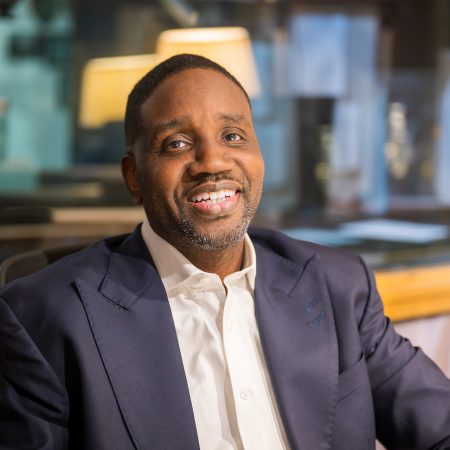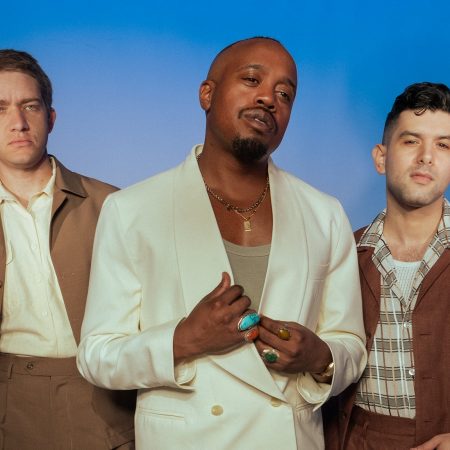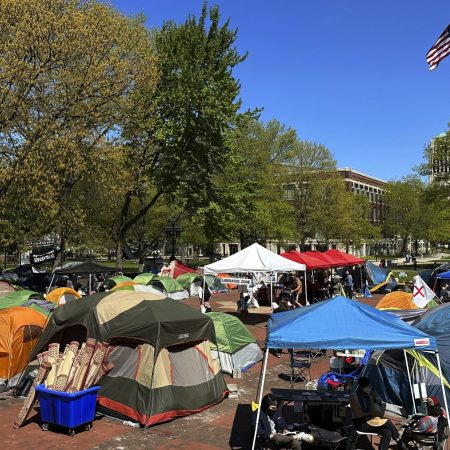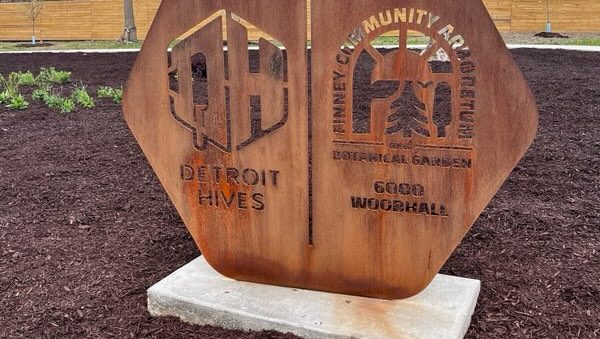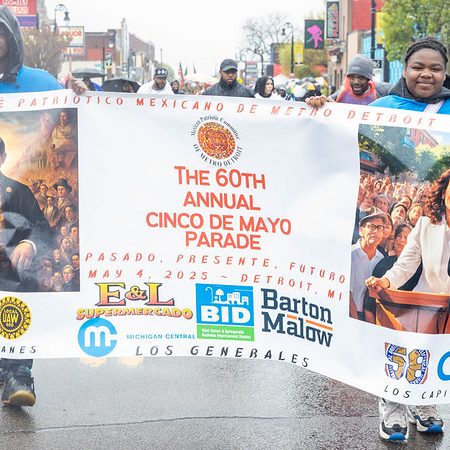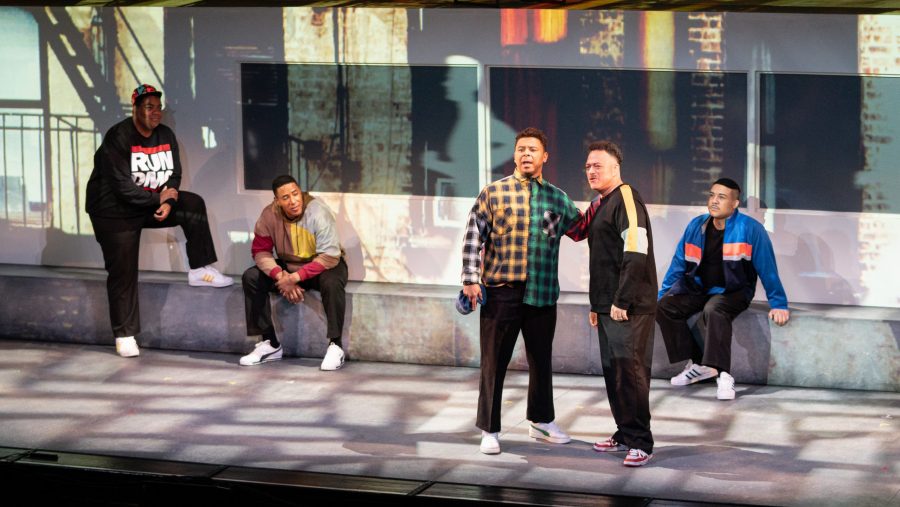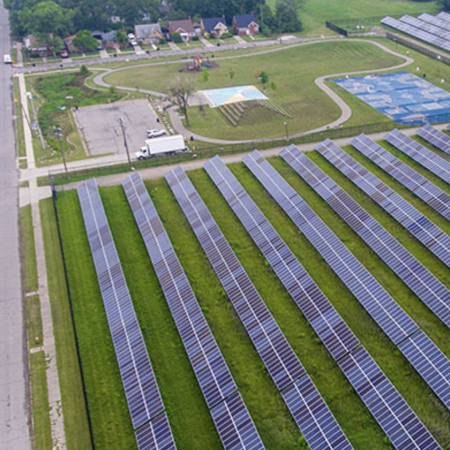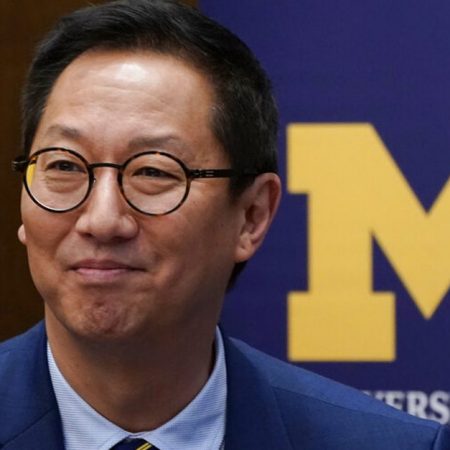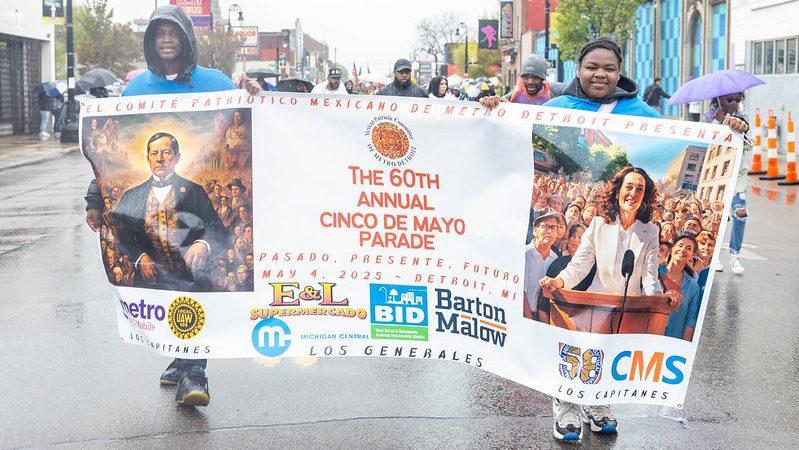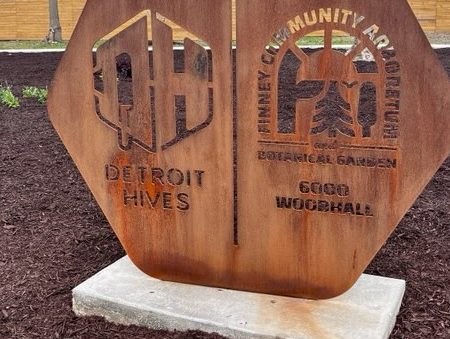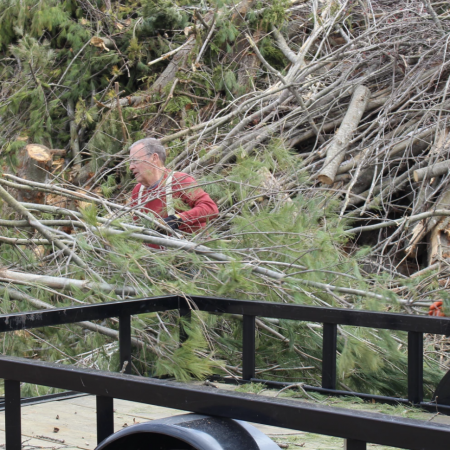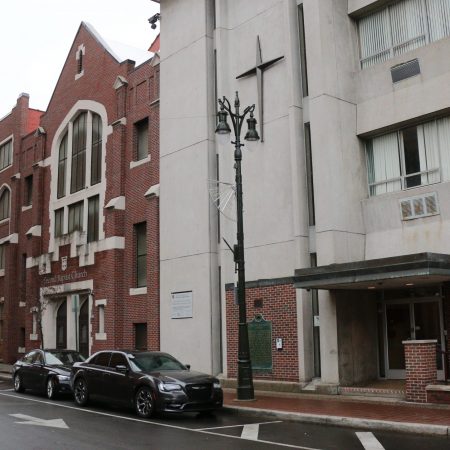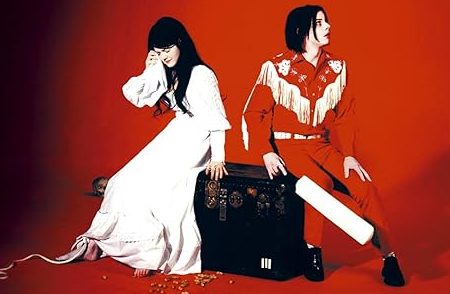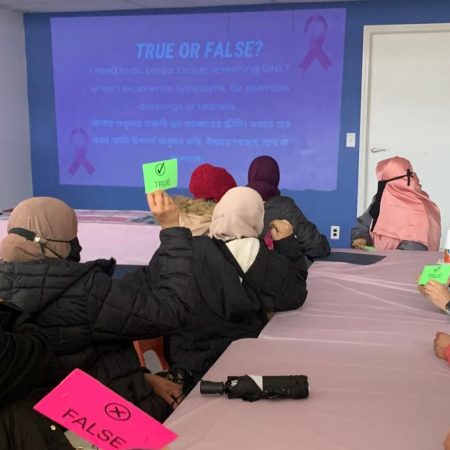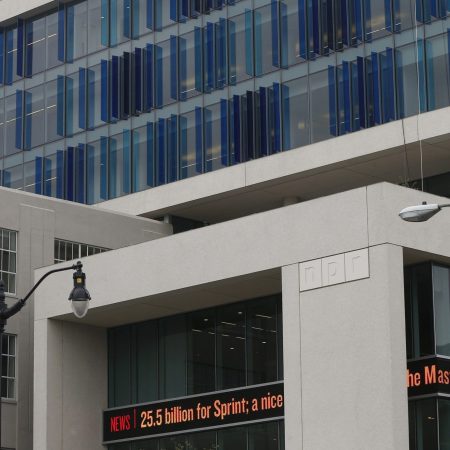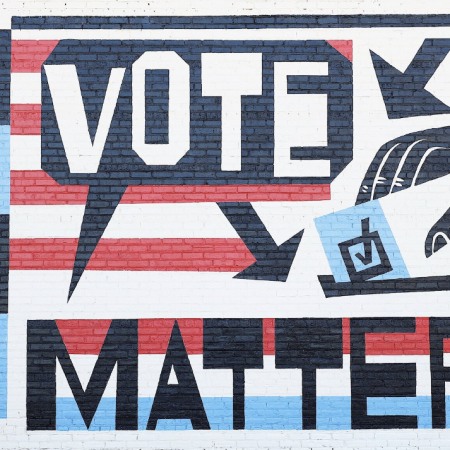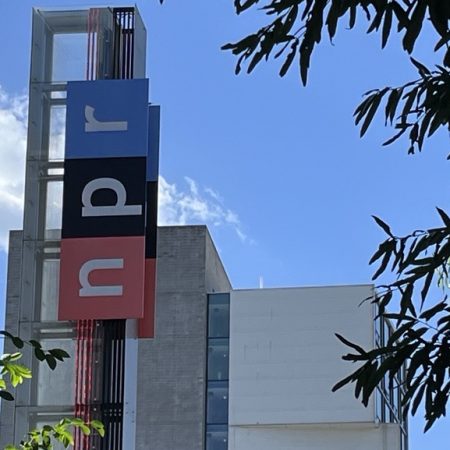Detroit pastor joins mayoral race
The Black Church – and their leaders – are woven deep into Detroit politics. Pastors were instrumental in unifying congregations and public support during the civil rights movement.
Senator Raphael Warnock (D-GA) and Representative Emanuel Cleaver (D-MO) are among those who have made the jump from the pulpit to Congress. So political aspirations for spiritual leaders is not uncommon.
In Detroit, the city is looking for a new mayor. There are a dozen people in the running. Among those vying for the job is Reverend Solomon Kinloch Jr. of Triumph Church – which boasts 40-thousand members across Detroit, Flint and Southfield.
1:1 with Rev. Solomon Kinloch Jr.
In an interview with Detroit Public Radio’s Russ McNamara, Kinloch lays out what he thinks the city needs out of its next mayor.
Rev. Solomon Kinloch: We are at a point right now where we don’t just need an executive and an administrator. We need a unifier, but more importantly, we need a builder. And that’s what I’ve been doing for 27 years as a community leader.
Russ McNamara: Do you see the job of mayor as similar to your current job?
SK: Dr Frederick Sampson, who was a pastor of another generation right here in the city of Detroit, used to say that the church’s address is a compilation of multiple addresses. And so it’s not that people are beaming out of another place to come to this place. They comprise and they populate this place. So it gives me a unique capacity every weekend and every day during the week, when we meet to hear the intimate concerns of people. And one of the concerns Russ that people have, they have a distrust of institutional politicians. They want government to just work good. And we got to get back to making sure that government is working good for the people it’s supposed to work good for
RM: So, what is the best way to kind of build these coalitions and build Detroit up?
SK: I believe we got tremendous stakeholders and resources, but also relationships in the city of Detroit, I believe, bringing together our residents, bringing together our Black presidents, bringing together our union leaders, bringing together for lot philanthropical leaders, bringing together also our corporate leaders, coming together (with) activists and advocates, coming together in a round table, and not having people Lord their will or their agenda on us, but convening a table where people can collectively be a part of their own destiny and their design.
RM: Attendance has been dropping fairly steadily over the past several decades, especially among younger folks. Politicians, of which you now are, dream of courting the younger vote. What have you done in your own congregation about reaching out to youth?
“Church is not just interested in worshiping on the weekend, but doing the work for the betterment of people every day during the week.”
– Rev. Solomon Kinlock
SK: People want to be a part of something that’s doing something because you can do good. And so one of the things that we have sought to do is partner, not just our worship on the weekend, but also giving people an opportunity where they can participate in the building of their community. The fabric of my whole life is woven together by that thread of commonality. I came from the New Bethel Baptist Church where my pastor was the Reverend Robert Smith, Jr, who currently serves there. Aretha Franklin’s father, C.L. Franklin was his predecessor, and all we know how to do is not to use the pulpit as a pedestal to promote a person, but we were taught that the pulpit is a platform to lift an entire community of people. And I believe that when people see that, particularly young people, see that. Church is not just interested in worshiping on the weekend, but doing the work for the betterment of people every day during the week. They want to be a part of that.
RM: You don’t have any plans to step down from your current position.
SK: I will, as mayor, continue to preach on the weekend, but the day to day operations are already being managed by a tremendous executive team.
RM: Your announcement was well attended at the Fox Theater. How do you plan to walk that tightrope so your congregation is uplifting the Lord and not the person who happens to be running for mayor?
SK: Triumph church is 105 years of age. They understand that is bigger than me, is bigger than all of us. We have a responsibility in our present age in order to live in a way where we leave a better world when we leave it than the way we walked into it. And the church was there long before I showed up. It was more than 70 years long before I showed up. We want to make sure with this moment that it is there long after we’re gone.
The post Detroit pastor joins mayoral race appeared first on WDET 101.9 FM.
